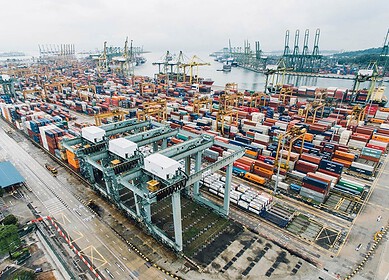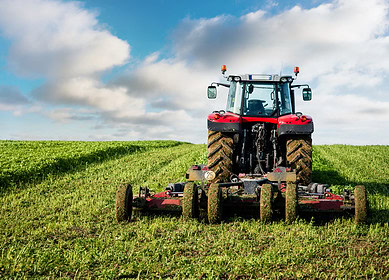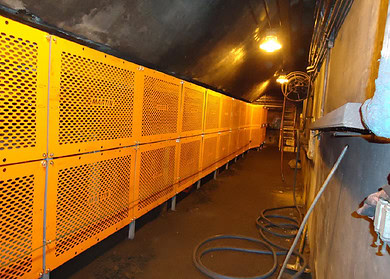European farmers hold protests outside EU summit in Brussels

Disaffected farmers held an angry demonstration outside an EU summit in Brussels on Thursday, burning hay bales, throwing eggs and firecrackers at police, and demanding financial concessions from European authorities. The rally came as protests spread across the continent, with agricultural workers airing their grievances over falling pay, burdensome regulations, and an influx of cheap food imports.
In an attempt to appease the demonstrators, EU officials at the summit both heaped praise on, and expressed sympathy for, European farmers; notably, however, they proposed few concrete solutions to the crisis. Meanwhile, over in France, which has been convulsed by protests in recent weeks, the Attal government did finally agree to extend greater financial support to farmers and to protect them against unfair competition. Those concessions have prompted two farmers’ unions to call off their ‘siege’ of Paris.
The protests have been symptomatic of farmers’ growing distress over falling incomes and soaring energy and fertilizer costs — a consequence of the ongoing conflict in Ukraine. Furthermore, an influx of cheaper agricultural imports into the bloc and the increasing frequency of extreme weather events have exacerbated food producers’ plight.
The effects of the demonstrations, which enjoy broad popular support, have been widely felt. The blocking of roads in urban areas has hindered daily commutes and interfered with school runs; flowers have withered on the backs of trucks while supermarkets in some places have run low on food; and the Hungarian Prime Minister Viktor Orbán has even complained that the incessant honking of tractors has prevented him from getting a good night’s sleep.
The intensity of the protests was palpable in Brussels on Thursday, with security forces resorting to the use of water cannon in an effort to manage the chaos. At one point, they had to step in to prevent a tree from being toppled on the European Parliament’s doorstep. Despite the police presence, protestors managed to tear down and burn a bronze statue. Similar expressions of dissent were observed in Greece, where farmers congregated outside an agricultural fair, and in Milan, where tractors were driven into the city.
As EU parliamentary elections loom in June, the leaders at the Brussels summit were evidently intent on courting agricultural workers, particularly as populist and far-right factions have been seeking to capitalize on the farmers’ troubling predicament.
The Belgian prime minister, Alexander De Croo, called for a constructive dialogue with farmers rather than a crackdown. The summit also saw the endorsement of a proposal to insulate farmers from the competition of cheaper Ukrainian imports and to permit the utilization of previously fallow land, originally set aside for environmental conservation.
Ursula von der Leyen, the President of the European Commission, pledged prompt action to streamline bureaucratic processes so that farmers can spend more time focusing on their fields than on their paperwork. This commitment to implement these reforms stands in stark contrast to the typical pace of EU initiatives.
Moreover, several leaders attending the summit agreed that all new trade agreements, particularly with South American countries, should insist on compliance with the regulatory standards applicable to EU farmers. This is in keeping with another key demand from the agricultural sector.
The Irish prime minister, Leo Varadkar, echoing the general sentiment of the assembly, also stressed the importance of effectively implementing existing regulations, while arguing against the imposition of new and potentially burdensome rules on farmers in the immediate future.
Source: Associated Press
Enjoyed this story?
Every Monday, our subscribers get their hands on a digest of the most trending agriculture news. You can join them too!












Discussion0 comments